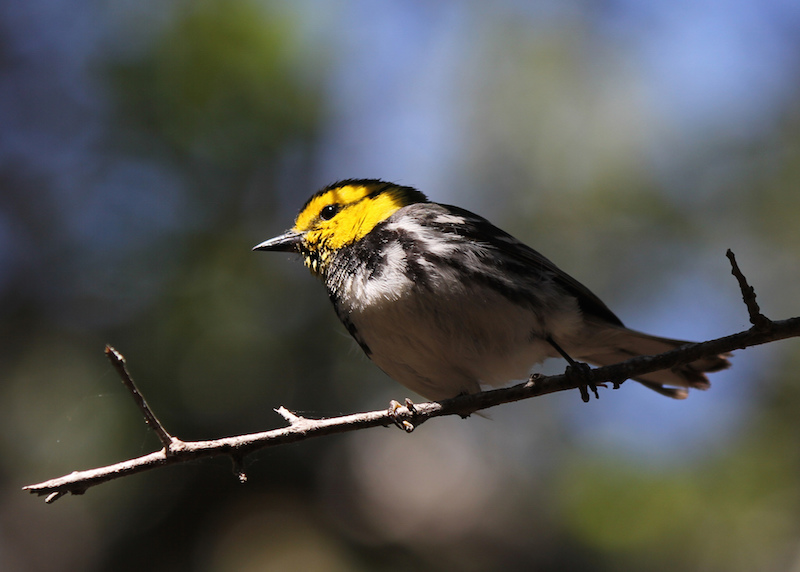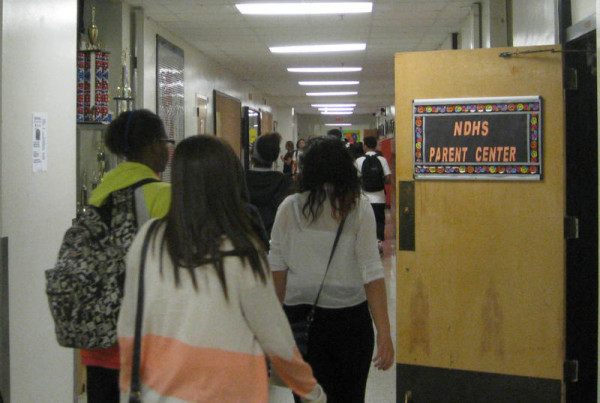Allow me to introduce you to the golden-cheeked warbler – bright yellow cheeks, black throat and back, also known as the goldfinch of Texas. It is the only bird species that appears to be confined to the breeding range of Texas, which is said to be only about 20 acres or so, mostly in juniper trees.
That sounds pretty straight-forward, but careful now. As the Austin American-Statesman is reporting, little about this bird is as straight-forward as it seems.
So listen closely: in 2012, Texas A&M researchers conducted a study on the warbler concluding that the population of these little birds was nearly 20 times higher than earlier counts. This research was used by the Texas Department of Transportation to plan a road through warbler country.
A study challenging the A&M findings was set to be published in the Journal of Field Ornithology but was spiked once word of its publication reached its authors, who were working on the initial A&M report.
Dr. Ivan Oransky, science journalist and writer-in-residence at NYU’s Carter Institute, co-founded Retraction Watch.
Oransky says what’s in question is how reproducible the study is. The ability to replicate results should be, he says, “the bedrock of science.”
“In science, it’s not really ‘true’ until someone else has been able to repeat it and see the same result,” Oransky says, “And yet, they’re being stymied.”
Oransky says unlike in other cases where work has been retracted, the researchers of the retracted work are coming forward.
“Nobody wants to be known as, if you will, the snitch, but it kind of has to be done,” he says. “We need more transparency so that we actually see what’s happening.”
Academic rivalries exist at all levels, Oransky said, even within the same department. In science, he says it’s not the assumption that “you’ve got something to hide” that makes groups withhold data.
“It means you can’t believe that result,” he says. “Unfortunately, when you look across all of the life sciences… you have something more than 50 percent of studies that can’t be reproduced.”
Oransky says the warbler study in question falls into that category, because it didn’t have enough information for others to study and try to reproduce.
“If the results are reproducible, you really have question whether you can trust them,” he says, “and whether or not you should base policy decisions the way that it looks like the state is basing decisions on here.”















